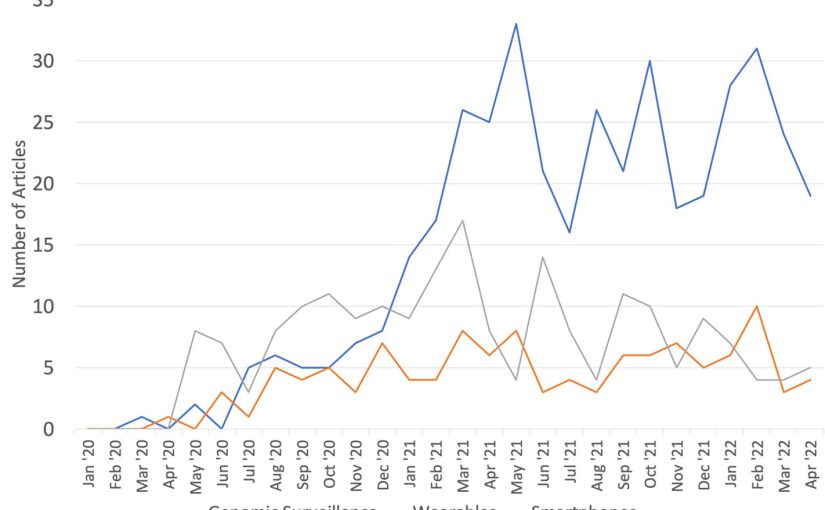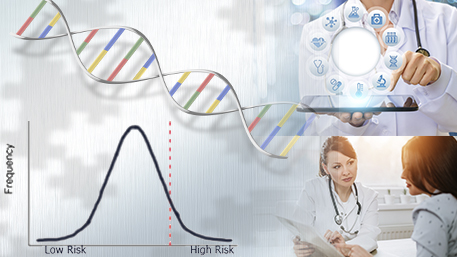Category:
Fulfilling the Promise of Epigenetics Requires More Studies in Diverse Populations

Two recent articles, one in Nature Genetics and another in Genome Medicine, report the lack of racial and ethnic diversity in epigenetic research. This needs to change in order to fulfill the promise of epigenetics as a tool for health equity science. Health equity is the state where everyone has a fair and just ability Read More >
Posted on byPrecision Health Innovations in the Pandemic Era

Two recent articles, one in Nature Medicine and another in Nature Biotechnology, highlight areas of health innovation that have been accelerated by the COVID-19 pandemic. This blog post focuses on two precision health applications of technology—(1) genomics and (2) wearable devices and smartphone apps—that are likely to have a lasting impact beyond the pandemic. Increased Read More >
Posted on byPolygenic Risk Scores in Clinical Practice? Still Making the Case

Two recent systematic reviews show the lack of data on clinical utility of polygenic risk scores and major challenges in implementation. The Promise of Polygenic Risk Scores in Population Health Many common diseases such as cancer, diabetes, and heart disease, result from the combination of genetic factors and physical and social environmental factors. Genome-wide association Read More >
Posted on by

